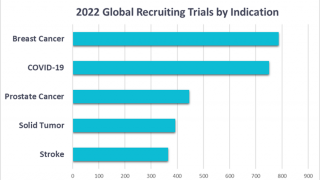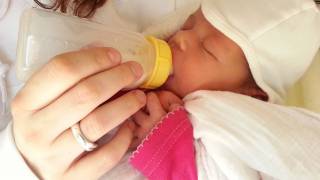HER2 Vaccine Candidate Safely Generates Anti-tumor Immunity

Researchers from the University of Washington School of Medicine in Seattle report in a paper published by the journal JAMA Oncology that a vaccine candidate against breast cancer safely generated a strong immune response to a key tumor protein,
Furthermore, the findings published on November 3, 2022, suggest the vaccine may be able to treat different types of breast cancer.
To stimulate this kind of response, these researchers created a DNA vaccine.
The phase I trial was designed to evaluate the safety of a vaccine targeting a human epidermal growth factor receptor 2 (HER2) and to see if it generated an immune response to the protein.
Unlike protein vaccines, which typically contain a protein or part of a protein you want the immune system to target, DNA vaccines contain the instructions for the target protein.
In this phase 1 nonrandomized clinical trial of 66 patients with advanced-stage ERBB2-positive breast cancer, most grade 1/2 adverse events were generated for all doses.
Patients in arms 2 (100 μg) and 3 (500 μg) had higher magnitude ICD T-cell levels than those in arm 1 (10 μg); immunity waned with DNA persistence at the injection site, with the highest incidence in arm 3.
“Because this was not a randomized clinical trial, the results should be considered preliminary, but the findings are promising enough that the vaccine will now be evaluated in a larger, randomized clinical trial,” said lead author Dr. Mary “Nora” L. Disis, a UW professor of medicine, Division of Medical Oncology, and director of the Cancer Vaccine Institute, in a press release.
HER2 is found on the surface of many cells, but in as many as 30% of breast cancers, HER2 is overproduced by as much as a hundred times the amount seen in normal cells.
These “HER2-positive” cancers tend to be more aggressive and more likely to recur after treatment, but the overproduction of HER2 also triggers an immune reaction that can be beneficial.
Specifically, patients with HER2-positive breast cancers who mount a type of immune response called cytotoxic — or cell-killing — immunity are less likely to see their cancer recur after treatment and have more prolonged overall survival than those who do not mount such an immune response.
Although the study was not designed to see if the vaccine could slow or prevent the progression of cancer, the researchers noted that the participants have done much better than would be expected in patients with similar stages of breast cancer, about half of whom would be expected to die within five years of treatment.
“We’ve followed these women for ten years, and 80% of them are still alive,” Disis noted.
“If the results of the new randomized-controlled phase II trial of the vaccine are positive, it will be a strong signal for us to rapidly move forward to a definitive phase III trial,” Disis added.
This study was supported by the National Institutes of Health, the Helen B. Slonaker Endowed Professorship for Cancer Research, and an American Cancer Society Clinical Professorship. The list of researchers in the study who declared competing interests can be found in the JAMA Oncology paper.
Our Trust Standards: Medical Advisory Committee

















